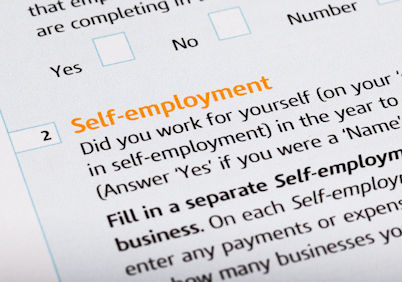In order to be genuinely 'self-employed' and fall outside Schedule 'E' status, workers must be able to meet the necessary tests applied by HMRC. These are those detailed in the now archived IR56 guidance. IR56 countered tax avoidance by individuals and organisations seeking to reduce National Insurance and Tax liabilities by using bogus self-employed workers (Schedule 'D').
IR35 was introduced to counter tax avoidance by the use of intermediaries, such as service companies or partnerships, in circumstances where an individual worker would otherwise be an employee of the client or the income would be income from an office held by the worker.
With the introduction of the National Minimum Wage and the Working Time Regulations, the engagement of 'self-employed' workers, particularly salespeople has become an attractive idea for certain businesses. The tests of whether an individual is genuinely self-employed (Schedule 'D') or employed (Schedule 'E') are given below:
The person is probably self-employed if he or she:
The person is probably employed and should be paid via PAYE if:
It is possible to construct a set of circumstances to justify an argument that an individual is self-employed even if some of the conditions given above make it appear that the person should be treated as an employee. However, it is important to obtain clearance from HMRC before entering into any such arrangement.
